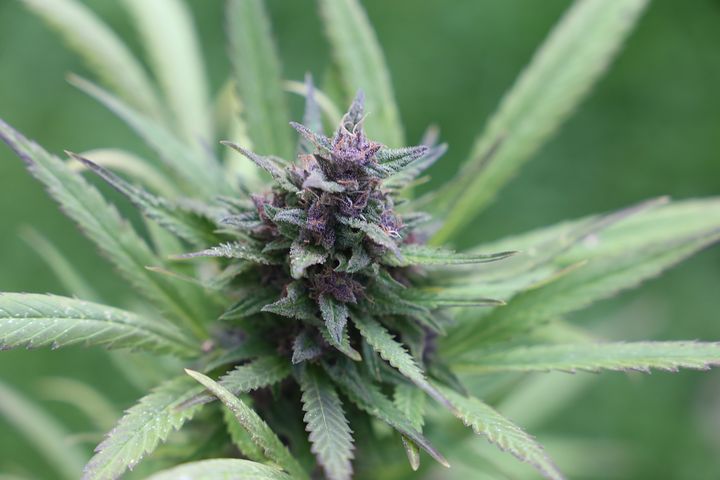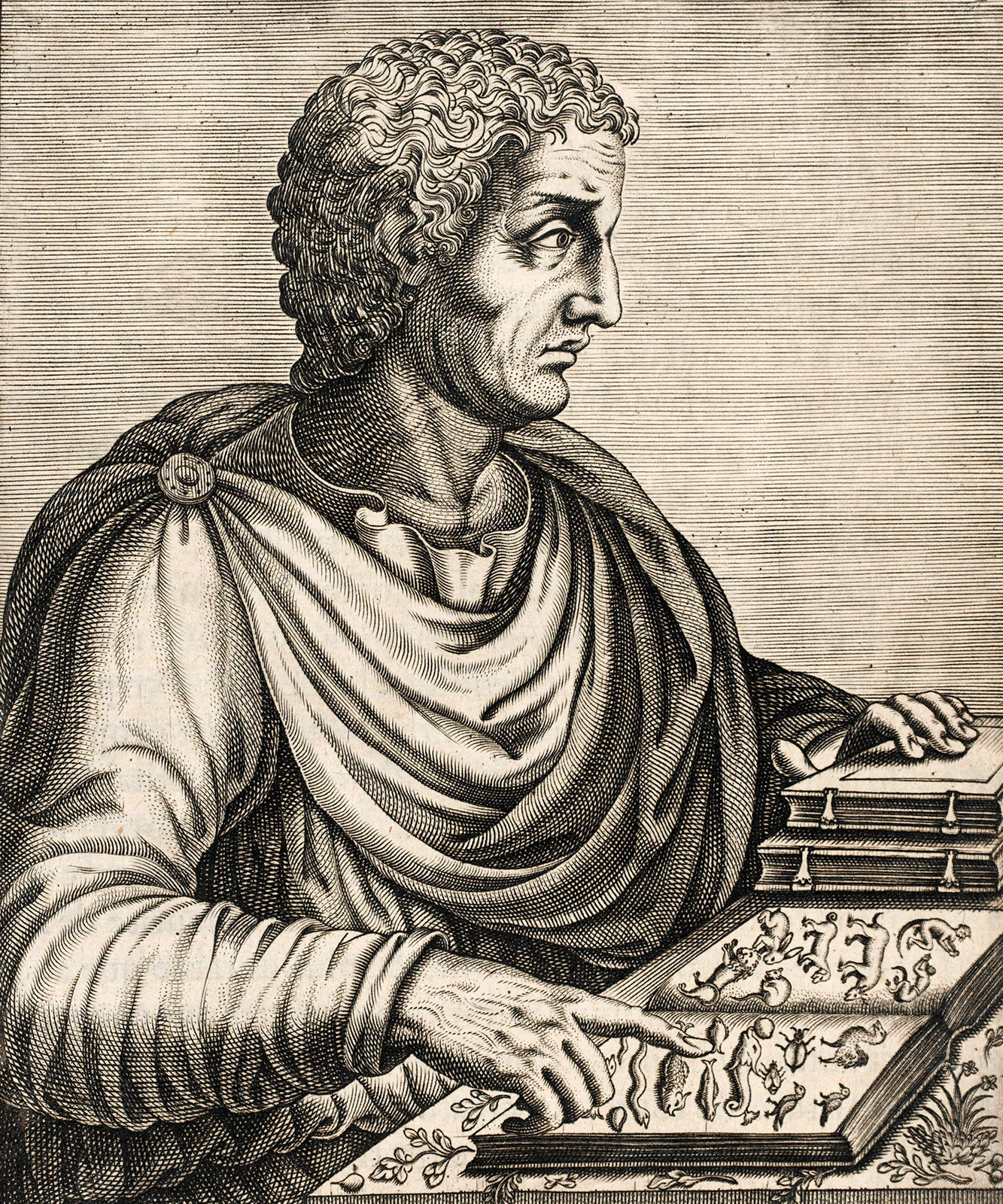 Cannabis advocates across the United States and the world bid a grateful farewell to Lester Grinspoon, the Harvard psychiatrist and prolific author who probably did more than any other individual to change the national conversation about marijuana, stressing the need for a more tolerant and enlightened policy.
Cannabis advocates across the United States and the world bid a grateful farewell to Lester Grinspoon, the Harvard psychiatrist and prolific author who probably did more than any other individual to change the national conversation about marijuana, stressing the need for a more tolerant and enlightened policy.

 Can Rural America's Expropriated Use a New Crop to Forge a New Agrarianism?
Can Rural America's Expropriated Use a New Crop to Forge a New Agrarianism?  The global cannabis economy is now reaching Oceania, with commercial cultivation underway in Australia, a legalization referendum coming up in New Zealand, and legal barriers starting to come down in the Pacific Islands.
The global cannabis economy is now reaching Oceania, with commercial cultivation underway in Australia, a legalization referendum coming up in New Zealand, and legal barriers starting to come down in the Pacific Islands.  A growing number of countries on the African continent are looking to cannabis as the ticket out of poverty, and foreign investment for this sector is flooding in. Activists who pushed for legal commercial cultivation will now face the challenge of crafting a cannabis economy that empowers small farmers and rural communities, rather than replicating the elitist forms of past agro-export industries.
A growing number of countries on the African continent are looking to cannabis as the ticket out of poverty, and foreign investment for this sector is flooding in. Activists who pushed for legal commercial cultivation will now face the challenge of crafting a cannabis economy that empowers small farmers and rural communities, rather than replicating the elitist forms of past agro-export industries. Lockdowns and economic paralysis imposed by the COVID-19 outbreak are spurring a new emphasis on self-sufficiency. Even before the crisis, medicinal cannabis users facing shortages at local dispensaries were turning to home cultivation.
Lockdowns and economic paralysis imposed by the COVID-19 outbreak are spurring a new emphasis on self-sufficiency. Even before the crisis, medicinal cannabis users facing shortages at local dispensaries were turning to home cultivation.
 Digital technology is rapidly colonizing every sphere of human existence, and the cannabis industry is certainly no exception. Entrepreneurs are aggressively plugging the application of artificial intelligence in everything from automating grow operations to matching strains with symptoms they are effective against. But is there a downside?
Digital technology is rapidly colonizing every sphere of human existence, and the cannabis industry is certainly no exception. Entrepreneurs are aggressively plugging the application of artificial intelligence in everything from automating grow operations to matching strains with symptoms they are effective against. But is there a downside? An esteemed scholar and writer from ancient Rome recently re-emerged in the news with reports that a forensic study confirmed claims that his skull had been found. Historians of the cannabis plant have long contended that Pliny the Elder was among the first to make note of its curative and psychoactive properties.
An esteemed scholar and writer from ancient Rome recently re-emerged in the news with reports that a forensic study confirmed claims that his skull had been found. Historians of the cannabis plant have long contended that Pliny the Elder was among the first to make note of its curative and psychoactive properties. If there is one person with a claim to reviving the pharmacopoeia of cannabis in the post-prohibition age—and thereby undermining prohibition's pseudo-scientific foundations—that person was Tod Mikuriya. The Berkeley psychiatrist, who died in 2007, was hailed as the grandfather of the medical marijuana movement, backing up the activists with unimpeachable scholarly chops—to the rage of the Drug War establishment.
If there is one person with a claim to reviving the pharmacopoeia of cannabis in the post-prohibition age—and thereby undermining prohibition's pseudo-scientific foundations—that person was Tod Mikuriya. The Berkeley psychiatrist, who died in 2007, was hailed as the grandfather of the medical marijuana movement, backing up the activists with unimpeachable scholarly chops—to the rage of the Drug War establishment.





Recent comments
2 weeks 4 days ago
2 weeks 4 days ago
5 weeks 5 days ago
6 weeks 4 days ago
10 weeks 4 days ago
14 weeks 3 days ago
18 weeks 3 days ago
19 weeks 1 day ago
29 weeks 1 day ago
33 weeks 2 days ago